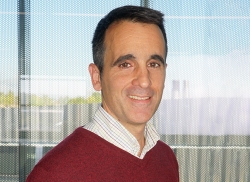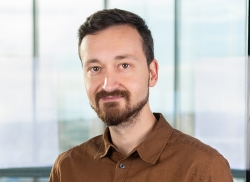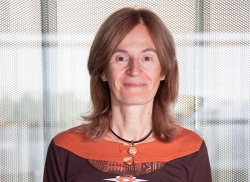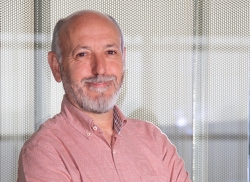The goal of the research line is to develop and scale-up efficient thermal energy storage solutions for power generation related applications.
The goal of the research line is to develop and scale-up efficient thermal energy storage solutions for power generation related applications.
This RL is focused on materials development as well as on relevant-scale prototyping for the benefit of power generation applications, like concentrated solar power and conventional thermal power plants. This includes research on all the thermal energy storage methods, namely, sensible, latent, and thermochemical, as well as on related topics, such as compatibility, aging, scale-up, and operation. The research line is focused on medium- and high-temperature applications and involves a wide range of topics with different Technology Readiness Levels (TRLs), like molten salts, slags, nanofluids, corrosion, redox, solid-solid chemical reactions, peritectics, etc. Some of the most active topics are:
Low-cost, large-scale Thermal energy storage (TES). TES is a cost-effective way to enhance electrical grid flexibility while contributing to the decarbonization of electricity generation as well as H/C in the industry. In particular, apart from Concentrated Solar Power technology, decarbonization of conventional thermal power plants by replacing firing chambers by TES is being seriously considered in countries where the production of electricity is strongly based on fossil fuels. Practical solutions for economical large-scale TES are developed at the materials, prototypes, and system levels within this research line.
Materials aging and degradation. Thermal energy storage operational conditions often involve high temperatures and aggressive media, such as molten salts. This leads to an unacceptable degradation of construction and storage materials and, as a result of increased investment costs and the risk of accidents. The development of failure preventing methods and cost-effective materials solutions is one of the focus areas of this research line.
Nanotriboelectricity. A considerable amount of waste mechanical and thermal energy is available in the form of undesired vibrations, shock-impacts, and related friction. The effective transformation of this waste energy into useful electricity has strategical importance for the development of global sustainable energy consumption. With this regard, a novel regenerative shock-absorbers and generators based on nanotriboelectrification principles are developed within this research line.









If you want to know the latest trends in energy storage and new developments in research, subscribe.

If you want to join a top-level team, collaborate with specialists in multiple disciplines or tell us about your concerns, don't think twice...